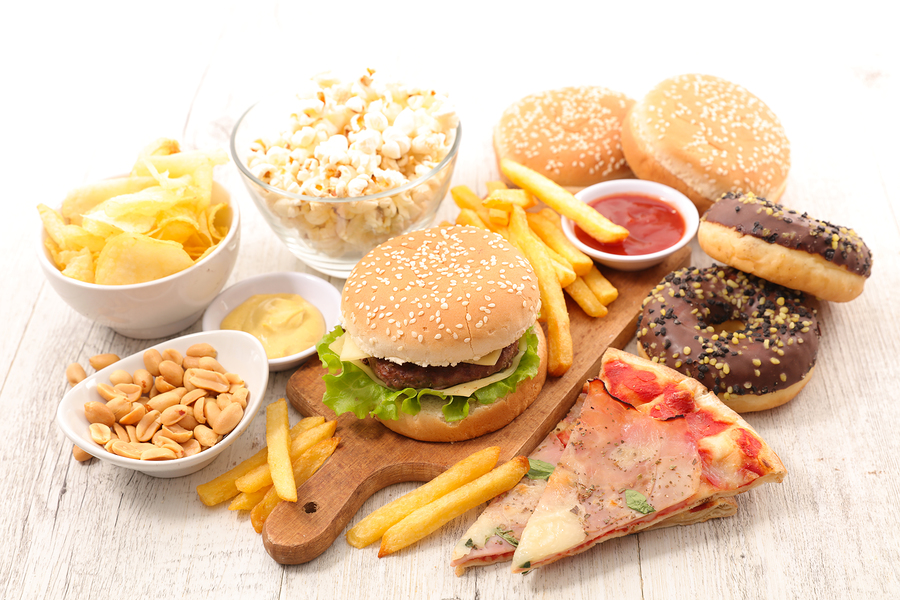Pulse of Information
Stay updated with the latest news and insights.
High Carb Diet: Fuel Your Fitness or Just Empty Calories?
Discover the truth about high-carb diets: can they boost your fitness or just pack on empty calories? Dive in for insights and tips!
The Science Behind High Carb Diets: Benefits and Drawbacks
The science behind high carb diets has gained significant attention as more people explore their potential benefits. Such diets are characterized by a higher intake of carbohydrates compared to proteins and fats. One of the primary benefits is the provision of immediate energy; carbohydrates are quickly converted into glucose, which the body uses as fuel. Additionally, high carb diets can support endurance during prolonged physical activities, making them popular among athletes. Foods rich in carbohydrates, such as whole grains, fruits, and vegetables, are also packed with essential nutrients and fiber that promote digestive health and regulate blood sugar levels.
However, it is crucial to consider the drawbacks of high carb diets as well. While carbohydrates can be beneficial, the quality of these carbohydrates matters significantly. Highly processed carbs, such as white bread and sugary snacks, can lead to weight gain and metabolic issues when consumed in excess. Moreover, some individuals may experience fluctuations in energy levels and hunger, as high carb consumption can sometimes initiate rapid spikes and drops in blood sugar. Therefore, striking a balance with the right kind of carbohydrates is essential for maximizing benefits while minimizing negative impacts on health.

Is a High Carb Diet Right for Your Fitness Goals?
A high carb diet can be an effective component of a fitness regime, especially for those engaged in high-intensity training or endurance sports. Carbohydrates are the body's primary source of energy, and consuming a sufficient amount can enhance performance, improve recovery times, and maintain muscle glycogen levels. For athletes or individuals looking to maximize their workouts, integrating complex carbohydrates, such as whole grains, fruits, and vegetables, is crucial. Is a high carb diet right for your fitness goals? It often depends on the type of exercise you do and your specific energy needs.
However, not everyone may benefit from a high carb diet. Individuals focused on weight loss or those involved in low-intensity exercises may find that lowering their carbohydrate intake suits their goals better. Alternatives, such as high-protein or low-carb diets, can effectively promote fat loss while preserving muscle mass. Before making any changes, it is essential to evaluate your fitness objectives and consult with a nutritionist or fitness expert to determine the optimal dietary approach for your needs. Remember, the right diet is personalized and should align with both your fitness goals and lifestyle.
How to Choose Nutrient-Dense Carbs for Optimal Performance
Choosing nutrient-dense carbs is essential for optimal performance, whether you're an athlete, a busy professional, or anyone seeking to enhance their energy levels. Start by incorporating whole grains like quinoa, brown rice, and oats into your meals, as these options are packed with fiber, vitamins, and minerals. Additionally, include a variety of fruits and vegetables, which not only provide essential nutrients but also contain antioxidants that support recovery. Aim to fill your plate with a colorful array of produce, ensuring a wide range of nutrients to fuel your body effectively.
When selecting nutrient-dense carbs, it's crucial to consider their glycemic index (GI), as this affects how quickly they are digested and absorbed. Opt for low to moderate GI foods such as sweet potatoes, legumes, and most fruits, as they release energy more slowly, providing a sustained fuel source. Avoid highly processed carbs that offer little nutritional value, such as sugary snacks and white bread. Remember, the key to peak performance lies not only in the quantity of carbs you consume but also in their quality—prioritize those that nourish your body and maintain steady energy levels throughout your activities.